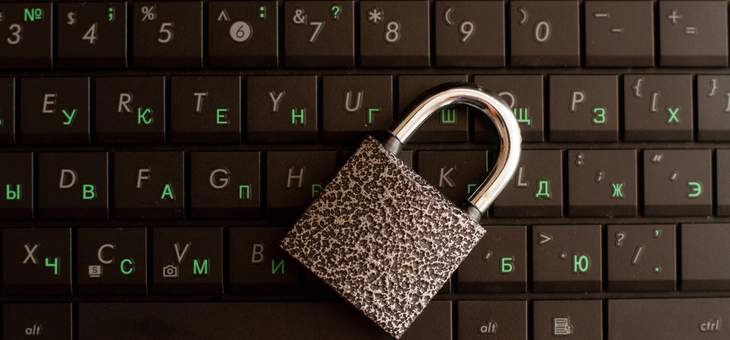Digital paranoia has spiked due to the coronavirus pandemic, especially given the reports of superannuation scammers on the prowl, but there are measures you can take to improve your online security.
With everything from shopping to health and government services now conducted via the internet, it’s almost impossible to avoid using your computer, which means you’ll encounter hacks and scams. There are worries about the security of the COVIDSafe app; the rushed early superannuation release scheme was the target of fraudsters and the government in charge of it all miscalculated its JobSeeker outlay by just a lazy $60 billion.
It’s hard to trust!
But while no-one can guarantee internet security, there are sensible measures you can take to best safeguard yourself in an uncertain time. Here’s our favourite five:
Go online with family members or carers
Get advice and assistance from people you can trust – friends or family – who have more cyber awareness than yourself. They can help you get set up with any new programs you need to use, save you time, inform you about what to avoid and arrange passwords that you are less likely to lose.
UK not-for-profit getsafeonline says: “Having someone help you discover the internet means you can find out which websites are unsafe.
“It’s important you go online with someone you can trust, as they might know your passwords and details of your finances. If you’re considering using a carer, make sure they’re from a reputable company and try to keep your passwords and account information private.”
Beware phishing
‘Phishing’ is explained by silverchain.org.au as “the attempt by scammers to trick you into giving out personal information such as your bank account numbers, passwords and credit card numbers”. The scammers will pretend to be from a legitimate business or service and could contact you via phone, email, text or social media.
You can spot if they are fakes if they ask for any personal details, such as bank or credit account numbers. They often say your account is overdue, you have won a prize or have suspicious activity on your account. Simple rule: do not respond to any such stimuli. If you have, pay close attention to the website. It is likely to look real, but have a slightly different address.
“You should always refuse, and then make your own call to the business they claim to be from. If it’s legitimate business and you have a registered account, they will be able to confirm your details to you, which is much safer,” advises silverchain.
From the Scamwatch website: “If the legitimate site is ‘www.realbank.com.au’, the scammer may use an address like ‘www.reallbank.com’.”
Be patient when buying online
Before making any undertaking, especially payment, take a breath. Shopping can be too good to be true online and there’s no salesperson in front of you to grill. There’s also not a physical product to evaluate with your senses, so silverchain.org.au suggests:
- Do your research. Reviews, comments, comparisons are all available online.
- Read product descriptions carefully and check the size, colour, value, and safety of the product.
- Pay using only secure services such as credit card or PayPal. If you are paying through a website, look for a small padlock symbol in the address bar or a web address beginning with ‘https://’ (the s stands for ‘secure’).
- Check for extra charges, such as postage and handling before confirming the purchase.
Consider getting a VPN
A secure VPN connection (virtual private network) enables a secure connection between your device and an internet server, so no-one can monitor or access the data that’s being exchanged. Yes, it’s another gadget to worry about, but once set up, it masks your IP address, protects your anonymity and secures your data.
As security experts Kaspersky point out, a VPN masks your online activity by routing your connection through a different server to the one on the network that you’re using. “A VPN creates a virtual encrypted route between your computer and the server. This makes it impossible to know the origin of anything you type.
“Even if you’re accessing a wifi network that a cybercriminal has set up, your information still isn’t visible to them. You simply need to connect to your VPN program as the first step after logging on to an unsecured Internet server.”
Be socially smart
If you use social media sites to connect with others, think about what you want known about yourself. The National Cybersecurity Alliance reminds us:
- What you post lasts forever. Your message may inadvertently share personal details with strangers. Make sure you either post what is safe or control privacy and security settings so that only trusted friends and family see information that shows you, your family, and your home.
- Post only about others as you would like to have them post about you: The golden rule applies online as well.
Have you had any ‘mishaps’ during lockdown as a result of spending more time online? Do you have any other tips to stay safe online?
If you enjoy our content, don’t keep it to yourself. Share our free eNews with your friends and encourage them to sign up.
Related articles:
Covid-19 and privacy
Make social distancing social
Concerns remain over COVIDSafe app

